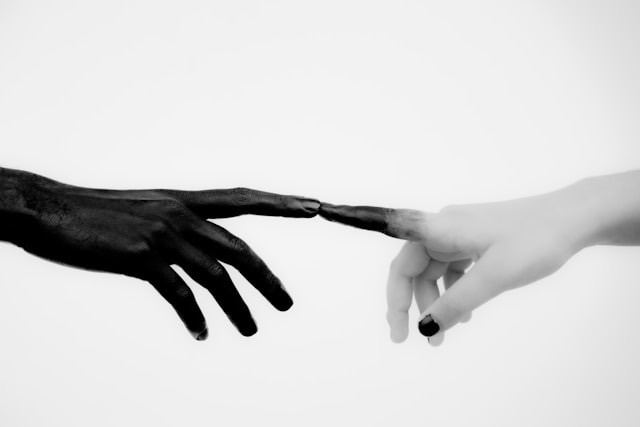Good and evil, fundamental to human nature, have been among the greatest subjects of debate in both literature and philosophy throughout history. These two concepts represent opposing forces that battle each other on humanity’s moral journey. However, good and evil are too complex to be considered absolute values; they are often redefined based on perspective, situation, and context.
Literature provides one of the most suitable stages to reflect the dynamics of good and evil. In William Shakespeare’s play Macbeth, evil emerges as a result of ambition and the lust for power. Macbeth’s moral downfall illustrates how the battle between good and evil takes shape within an individual’s inner world. On the other hand, in Dostoevsky’s novel Crime and Punishment, the fine line between good and evil is questioned. Although Raskolnikov commits a crime that can be morally defined as evil, he attempts to justify his actions. This work demonstrates that evil is tied not only to intent but also to societal conditions. Furthermore, in Tolstoy’s novel Anna Karenina, the impact of the concepts of good and evil on social norms is emphasized. While Anna’s actions are stigmatized as “evil” by societal standards, readers cannot ignore her contradictions and humanity.
Philosophy, on the other hand, offers a deeper inquiry into good and evil. In Ancient Greek philosophy, Socrates argued that goodness is linked to knowledge, while evil stems from ignorance. According to him, people do not commit evil deliberately; evil arises from incorrect knowledge and a lack of understanding.
Conversely, Nietzsche suggested that the concepts of good and evil are products of societal conditions and power structures. In On the Genealogy of Morality, he questions traditional morality and argues that the distinction between good and evil is relative. According to Nietzsche, the difference between “master morality” and “slave morality” reveals how our perceptions of good and evil are shaped.
Immanuel Kant, meanwhile, developed the “morality of intent” doctrine regarding good and evil. According to Kant, the moral value of an action lies not in its outcome but in its intention. As long as a person acts with “goodwill,” their action is morally good.
The struggle between these two opposing forces helps us understand the complexity of being human. Striking a balance on the fine line between good and evil is one of humanity’s most significant moral tests.
Resources:
(Kitapların Senfonisi, 2020)
(Oktay Uygun, 2020)
(Ezgi Yurdagül, 2009)
(Ayşenur Yavuz, 2021)
(Serap Ilgın, 2023)

